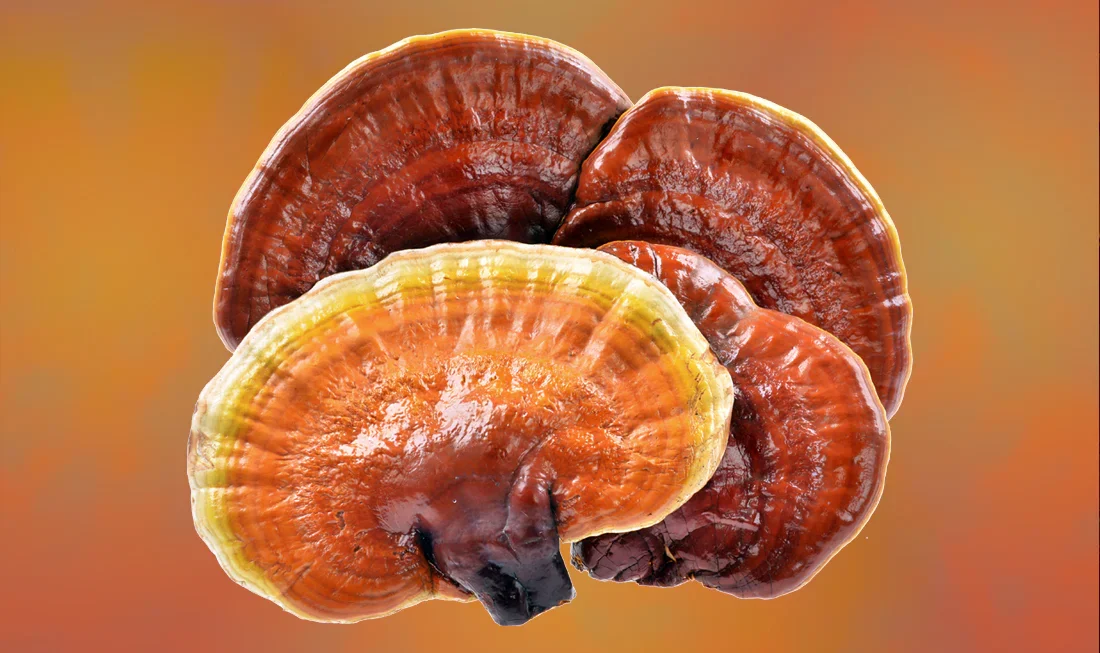Introduction
Organic coffee has transcended from being just a beverage to embodying a lifestyle choice, resonating with health-conscious consumers, environmental advocates, and those with a penchant for quality. In recent years, the demand for organic coffee has surged, spurred by a growing awareness of sustainable farming practices, health benefits, and ethical considerations. This article delves into the essence of organic coffee, exploring its origins, cultivation methods, health advantages, environmental impact, and the sensory experience it offers.
Origins and Cultivation
The journey of organic coffee begins with its cultivation, deeply rooted in regions known for their fertile soils and favorable climates. From the misty highlands of Ethiopia to the lush landscapes of Colombia and beyond, organic coffee thrives in diverse environments. Unlike conventional coffee farming, organic cultivation eschews synthetic fertilizers, pesticides, and herbicides, relying instead on natural techniques such as composting, shade-grown methods, and integrated pest management. This holistic approach fosters biodiversity, preserves ecosystems, and nurtures soil health, ensuring a sustainable supply chain from farm to cup.
Health Benefits and Purity
Beyond its tantalizing aroma and bold flavor profile, organic coffee offers a myriad of health benefits attributed to its pure, chemical-free nature. Free from harmful residues commonly found in conventionally grown beans, organic coffee retains its inherent antioxidants, vitamins, and minerals. Studies suggest that regular consumption of organic coffee may reduce the risk of chronic diseases, including type 2 diabetes, cardiovascular ailments, and certain types of cancer. Moreover, its lower acidity levels and smoother taste make it a gentler option for those with sensitive stomachs, elevating the coffee-drinking experience to a wholesome indulgence.
Environmental Impact and Sustainability
The choice to embrace organic coffee extends beyond personal health to encompass environmental stewardship and sustainable practices. Conventional coffee production often involves extensive deforestation, soil degradation, and chemical runoff, posing significant threats to biodiversity and local communities. In contrast, organic farming promotes biodiversity conservation, carbon sequestration, and soil regeneration, mitigating the ecological footprint of coffee cultivation. By supporting organic coffee, consumers contribute to the preservation of fragile ecosystems, the empowerment of small-scale farmers, and the resilience of rural communities against climate change.
Ethical Considerations and Fair Trade
In addition to environmental concerns, ethical considerations play a pivotal role in the organic coffee movement, reflecting a commitment to social justice and fair trade principles. Many organic coffee producers adhere to certification standards that prioritize equitable wages, safe working conditions, and community development initiatives. By choosing organic and fair trade-certified coffee, consumers align their values with ethical sourcing practices, empowering farmers to earn a dignified livelihood and invest in sustainable agriculture. Through conscious consumption choices, individuals can foster a more equitable and compassionate coffee industry, where every cup reflects a story of resilience, collaboration, and social responsibility.
Sensory Experience and Culinary Delight
Beyond its nutritional benefits and ethical appeal, organic coffee captivates the senses with its rich aroma, complex flavors, and velvety texture. From the earthy notes of Indonesian Sumatra to the fruity undertones of Ethiopian Yirgacheffe, each sip unveils a tapestry of flavors, shaped by terroir, varietals, and roasting techniques. Whether enjoyed as a morning ritual, a midday pick-me-up, or a leisurely indulgence, organic coffee embodies the artistry of craftsmanship and the pleasure of savoring moments of pure sensory delight. As consumers rediscover the joy of slow living and mindful consumption, organic coffee emerges as a symbol of authenticity, integrity, and the simple pleasures of life.
Conclusion
In a world inundated with choices, organic coffee stands out as a beacon of quality, sustainability, and ethical integrity. From its humble origins in remote coffee-growing regions to its global prominence on café menus and kitchen countertops, organic coffee represents more than just a beverage—it embodies a philosophy of mindful living, conscious consumption, and harmonious coexistence with nature. As we raise our cups to toast the essence of organic coffee, let us savor not only its exquisite flavors but also the stories of resilience, stewardship, and interconnectedness woven into each precious bean.



